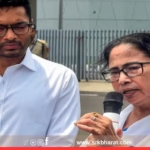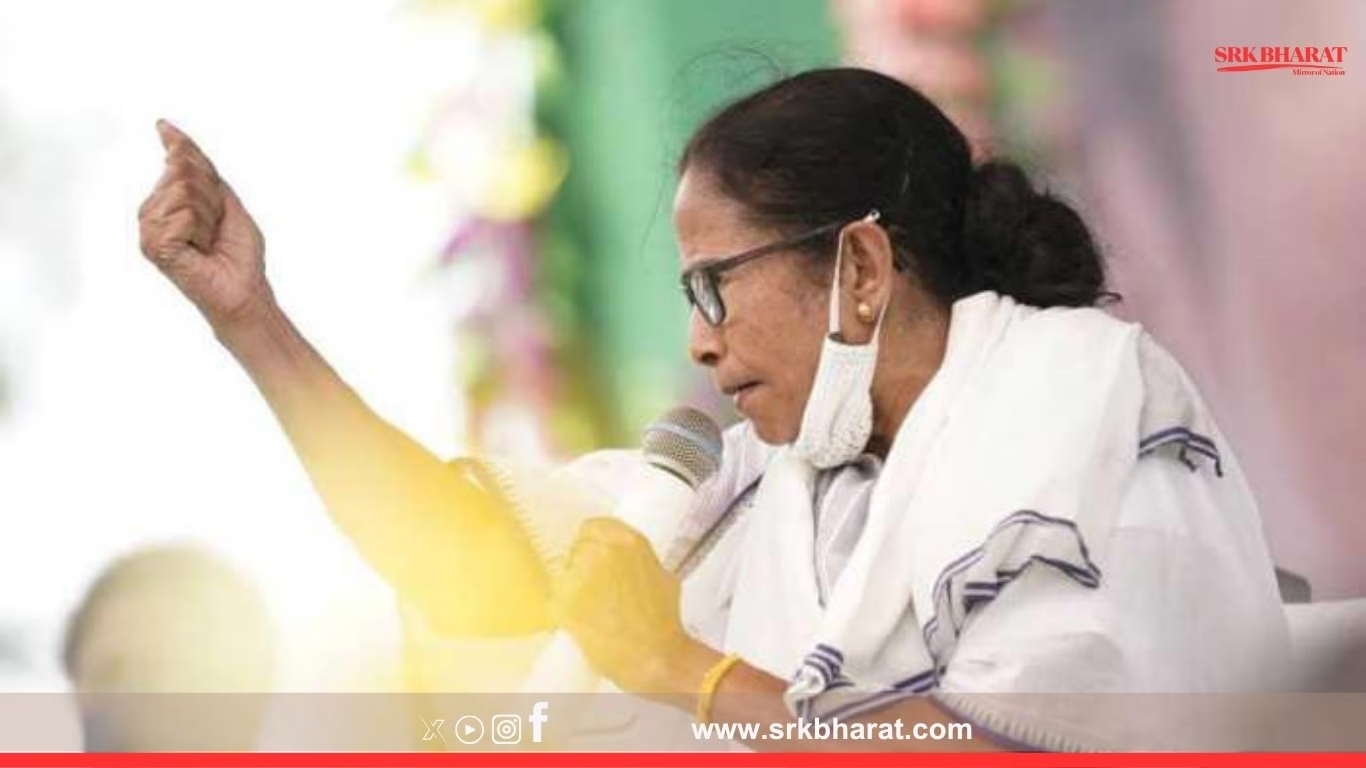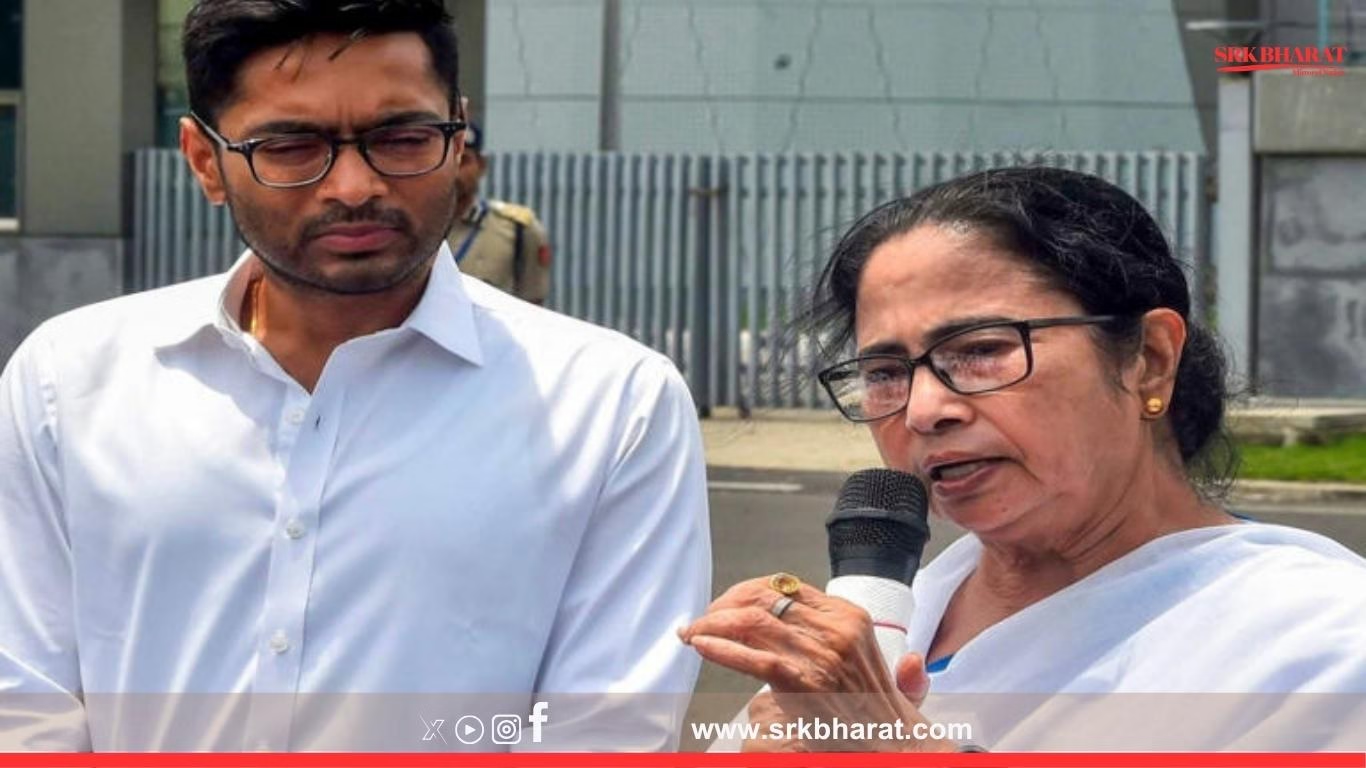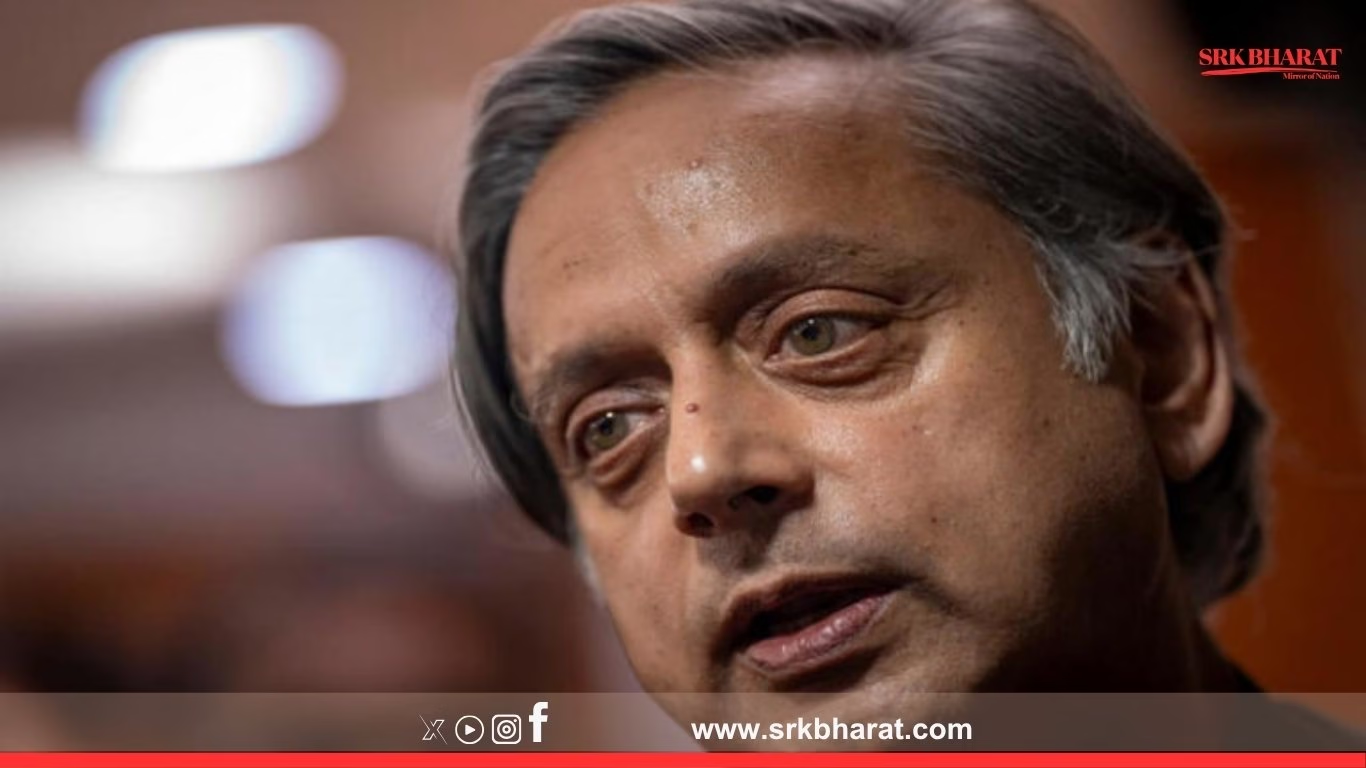The Tirumala Tirupati Devasthanams (TTD), which manages the iconic Lord Venkateswara temple in Tirupati, Andhra Pradesh, has once again asserted its long-standing ‘Hindu staff-only’ policy by suspending a senior official after it emerged that he allegedly practised Christianity. The move has sparked fresh debates on religious identity, constitutional secularism, and temple administration norms in India.
Background of the suspension
The official, serving in a senior engineering capacity within TTD’s administrative setup, reportedly attended Christian religious gatherings and maintained active participation in church activities. According to internal sources, complaints were received by the vigilance wing of TTD alleging that his religious identity was inconsistent with the faith-based employment norms set by the temple trust.
Following preliminary inquiries, TTD issued suspension orders pending a full departmental investigation.
TTD’s employment policy for non-Hindus
| Policy aspect | Details |
|---|---|
| Applicability | All employees directly serving the Tirumala temple and connected rituals |
| Requirement | Must sign a declaration affirming faith in Lord Venkateswara |
| Legal basis | Andhra Pradesh Charitable and Hindu Religious Institutions and Endowments Act, 1987 |
| Exceptions | Limited to outsourced non-religious services like sanitation or external contracts |
TTD’s stand is that only devout Hindus can work in the service of Lord Venkateswara within temple premises to preserve sanctity, heritage, and faith traditions.
Official statement from TTD
TTD Chairman Bhumana Karunakar Reddy stated:
“We have always maintained that staff working in Tirumala must adhere to Hindu traditions. Devotion is paramount. The official concerned has been suspended after thorough verification and will face departmental proceedings.”
He added that the institution respects all religions but demands strict adherence to its religious norms from those working under the Devasthanam.
Sequence of events leading to suspension
| Date | Event |
|---|---|
| June 28, 2025 | Complaint filed with TTD vigilance alleging the official’s Christian faith practices |
| July 1, 2025 | Preliminary inquiry initiated |
| July 6, 2025 | Verification report submitted to TTD EO’s office |
| July 8, 2025 | Suspension order issued; detailed probe announced |
Past controversies over religious identity in TTD
This is not the first time TTD’s strict policy has made headlines:
- 2007: An outsourced sanitation worker was dismissed after being found distributing Christian pamphlets near temple premises.
- 2019: A non-Hindu employee was suspended for participating in religious conversion activities.
- 2021: TTD reinforced declaration mandates following complaints about non-Hindu employees violating the code.
Debates surrounding constitutional secularism
Legal experts and rights activists are divided over TTD’s employment policy:
- Proponents argue it is essential to uphold temple traditions under the state endowments act, which allows religious institutions to define service requirements based on denominational character.
- Critics counter that India’s secular framework guarantees equal employment opportunities irrespective of faith, even in religious institutions performing administrative functions.
Senior advocate and constitutional scholar S.R. Satyaprasad noted:
“Courts have upheld similar policies in the past under freedom to manage religious affairs. However, the debate persists on balancing Article 25 (freedom of religion) with Article 16 (equal opportunity in public employment).”
TTD’s clarifications on the issue
In its press release, TTD clarified:
- No discrimination intended: The policy is purely to maintain temple sanctity, not to demean other faiths.
- Declaration requirement: Every employee signs a declaration affirming their Hindu faith at the time of appointment.
- Disciplinary action: Suspension is procedural, with the official being allowed to submit explanations before departmental inquiry concludes.
Reactions from religious and political groups
- Hindu organisations welcomed the move as a necessary step to protect temple sanctity, citing temple service as an act of devotion rather than mere employment.
- Minority rights activists criticised the suspension as unconstitutional discrimination, calling upon the Andhra Pradesh Human Rights Commission to intervene.
- Political parties remained largely silent, with observers noting sensitivity around faith-based employment issues in Andhra Pradesh’s electoral landscape.
Historical context of temple employment norms
The practice of restricting employment within temple premises to devotees of the temple deity is embedded in several major shrines across India:
| Temple | Employment norm |
|---|---|
| Sabarimala (Kerala) | Only Hindus permitted for temple duties |
| Jagannath Puri (Odisha) | Servitors must belong to specific Hindu communities |
| Vaishno Devi (Jammu & Kashmir) | Staff required to observe Hindu rituals |
Potential legal challenges ahead
Legal experts opine that if challenged, the matter could invoke significant constitutional interpretation on:
- Whether employment in religious institutions is covered under Articles 25 and 26.
- If state-managed temple boards (under endowment departments) are bound to treat employment as purely public service or allow religious qualifications.
Impact on staff morale and future recruitments
TTD insiders indicated that the incident has triggered anxiety among staff regarding strict personal faith scrutiny. Senior administrators have urged all employees to respect temple traditions while assuring that action will only be taken against proven violations.
Conclusion
TTD’s suspension of the senior official reasserts its commitment to maintaining religious identity integrity within temple operations. The move has sparked a larger debate on faith-based employment, constitutional secularism, and the rights of religious institutions in India’s pluralistic society.
Disclaimer
This news article is based on official statements, legal expert views, and public domain reports. Final disciplinary and legal outcomes will depend on departmental proceedings, judicial interpretations, and policy decisions by the Andhra Pradesh government and Tirumala Tirupati Devasthanams board. Readers are advised to await official updates before drawing definitive conclusions on the matter.











